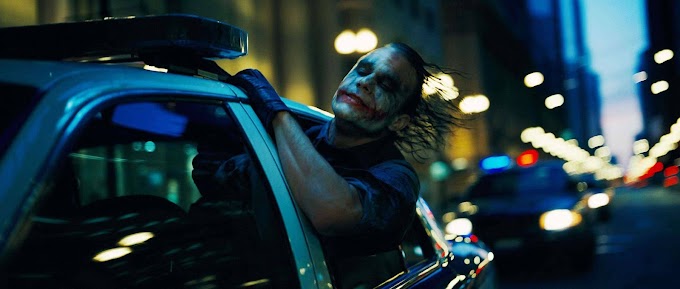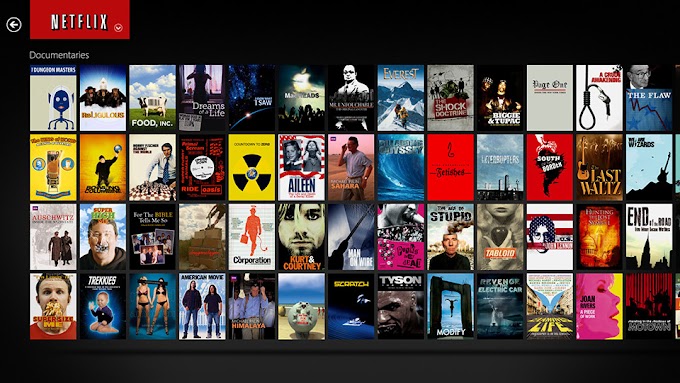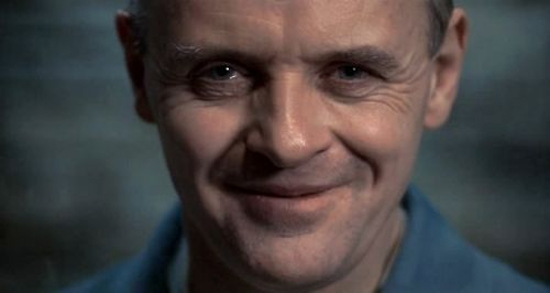The Dark Knight— Creating the Ultimate Antagonist
Hi,Guys. These are lessons from the screenplay.

When I think about why the Dark Knight works so well, the answer always seems clear.
The Joker
[Good evening, ladies and gentlemen.]
There have been psychopathic villains before other antagonists with elaborate twisting plans. But there's something special about the Joker. But putting the Joker character into a movie clearly does not automatically make it great.

So what's special about the Joker in The Dark Knight? Is it just Heath Ledgers? excellent performance? Yeah. Or is there something more going on? Today I want to investigate this to examine the function of an antagonist in a story and break down why the Joker is the perfect opponent for the Dark Knight.
exceptionally good at attacking the hero's greatest weakness. Let's began with a quote from Robert McKees' story,
A protagonist and his story can only be as intellectually fascinating and emotionally compelling as the forces of antagonism make them.

So an antagonist must be powerful.

The more powerful The harder the struggle for our hero, and the harder the struggle, the more compelling the story, but that's a little vague. What does a powerful mean in this context? JOHN Truby has a good piece of advice about how to make the antagonist powerful in a specific way.
Create an opponent who is exceptionally good at attacking your hero's greatest weakness.
The Joker is exceptionally good at attacking Batman's greatest weaknesses. Much of Batman's power comes from his ability to intimidate from his physical strength.
And the Joker delights in creating situations that nullify Batman's strength. Like when he's captured, Rachel and Harvey Dent



The Joker turns Batman strength into a weakness. He can do this because he doesn't fear death.
In fact, he wants Batman to kill him. Because he knows Batman's morality takes the form of one brutal, he doesn't kill people.
So the more chaos The Joker causes, and the more people he kills, the further he reveals that Batman's moral code can also be a weakest because the only way to truly stop the Joker is to kill him. Something Batman can never do.

But the Joker's plan isn't just to beat Batman.
It's to show Gotham his true colors. He does this by pressuring the protagonist into difficult choices.
According to Robert McKee,

The truer the choice to the character's essential nature. So in every story, the forces of antagonism must increasingly apply pressure to the protagonist, forcing them to make more and more difficult choices, choices that reveal their true nature as far as pressuring the protagonist into choices that test and reveal a character that is quite literally the Joker's plan.

After 45 pages of pretty boring setup, on page 46, the screenplay kicks into gear, and Batman is faced with the first in a series of conundrums. If you want to order in Gotham,
< Batman must take off his mask and turn himself in. >

Every day he doesn't people will die. by refusing at first to give in to the terrorist demand. We the audience see that Batman has what it takes. To do what's right, but the Joker proves to be unstoppable.
Always one step ahead of Batman in a sequence that I realized is very similar to another movie with a great antagonist.

Seven, Batman and Gordon investigating a crime scene, discovering fingerprints that lead them to the apartment of the suspect, only to find that it's all part of the antagonist game. Even the Joker is planned to be purposefully caught is similar to seven.
Throughout all this, the pressure on Batman increases as people keep dying. The people of Gotham turn against Batman until finally the pressure is too much and Batman's true character is revealed.

Batman decides to turn himself in Harvey Dent claiming to be Batman and taking his place as the only thing that stops him from doing so.
The most revealing choice Batman makes is when the Joker pressures him to choose between Harvey Dent And Rachel, which one you're going after. and choosing Rachel Batman reveals what he's unwilling to sacrifice for the greater good of Gotham elimite to his resolve, but with the Joker, things are never that simple.

Throughout the film, The Joker forces Batman into choices that reveal who and what he cares about when the pressure is really on. Batman is forced to face his true self.
Let's look at our final point, competing for the same goal as the protagonist. How do you make sure your antagonist is the right one for your hero. After all, the Joker may be the right antagonist for Batman, but completely inappropriate for a different protagonist.
Let's go back to John Truby.

This concept helps distinguish your antagonist and make sure they're the right one for your hero.
So how are Batman and the Joker competing for the same goal? Both of them have their own vision of what they want Gotham City to be. Batman is fighting for hope for Gotham City without crime for Law and Order, and the Joker upset the established order. Everything becomes Batman vs The Joker.
lon order versus chaos. In their final scene together, the Joker even has a line that makes it very clear he knows what their battle is all about.

They're both competing for the soul of Gotham, and only one of them can win. I want to take a moment to underline this point further because it shows that a relatively measured but specific threat can be extremely compelling.
In the finale, the only lives in danger are a few hundred people on the fairies. Batman is not racing against time to stop the villains' random machine of destruction when the villains' plan is to destroy the whole world.
On a metal level, we the audience know that can't happen because there's probably going to be a sequel.

But the Joker could have blown up both fairies. And the film could have had an empire strikes back esque ending, a powerful setup for the next film. Again, Batman and the Joker aren't competing for the survival of humanity. They're competing for the soul of Gotham. The stakes are personal, first, and foremost. So now we've seen how the Joker is exceptionally good at attacking Batman's weaknesses, how he pressures him into difficult choices as they both compete for the soul of Gotham.
But what is the cumulative effect of these things? What is the greater function of the joker? with respect, Marsha, why?
Perhaps he is a man you don't fully understand either.
Throughout the script, Alfred hints at the lessons Batman needs to learn.



In the beginning, Batman believes that criminals are simply after money, that there's a logical order to things. But he learns not to underestimate his enemies, that his strength can become weaknesses. Batman grows wiser because of the Joker,
<know your limits marched away, that man has no limits. Well, you do so.>
under the pressure of the antagonist, Batman learns that alone he does have limits. But with the right allies, they can overcome any challenge. Batman's resolve deepens because of the Joker. People are dying, Alfred, what would you have me do and you're most of And in the battle for Gotham's soul, he learns that he's able to make the difficult choices no one else can see yourself.

Batman becomes the Dark Knight. Because of the Joker.

The Dark Knight shines as an example of what happens when the forces of antagonism grow from the protagonist when they're inextricably linked, when they're two sides of the same coin. The Joker isn't a great villain because he has an insane laugh and acts unpredictably. He's great because he has a profound and specific effect on the story and on the protagonist.
I think you and I are destined to do this forever. The Joker is the perfect antagonist for the Dark Knight.











0 Comments
If you know the best movies.please let me know